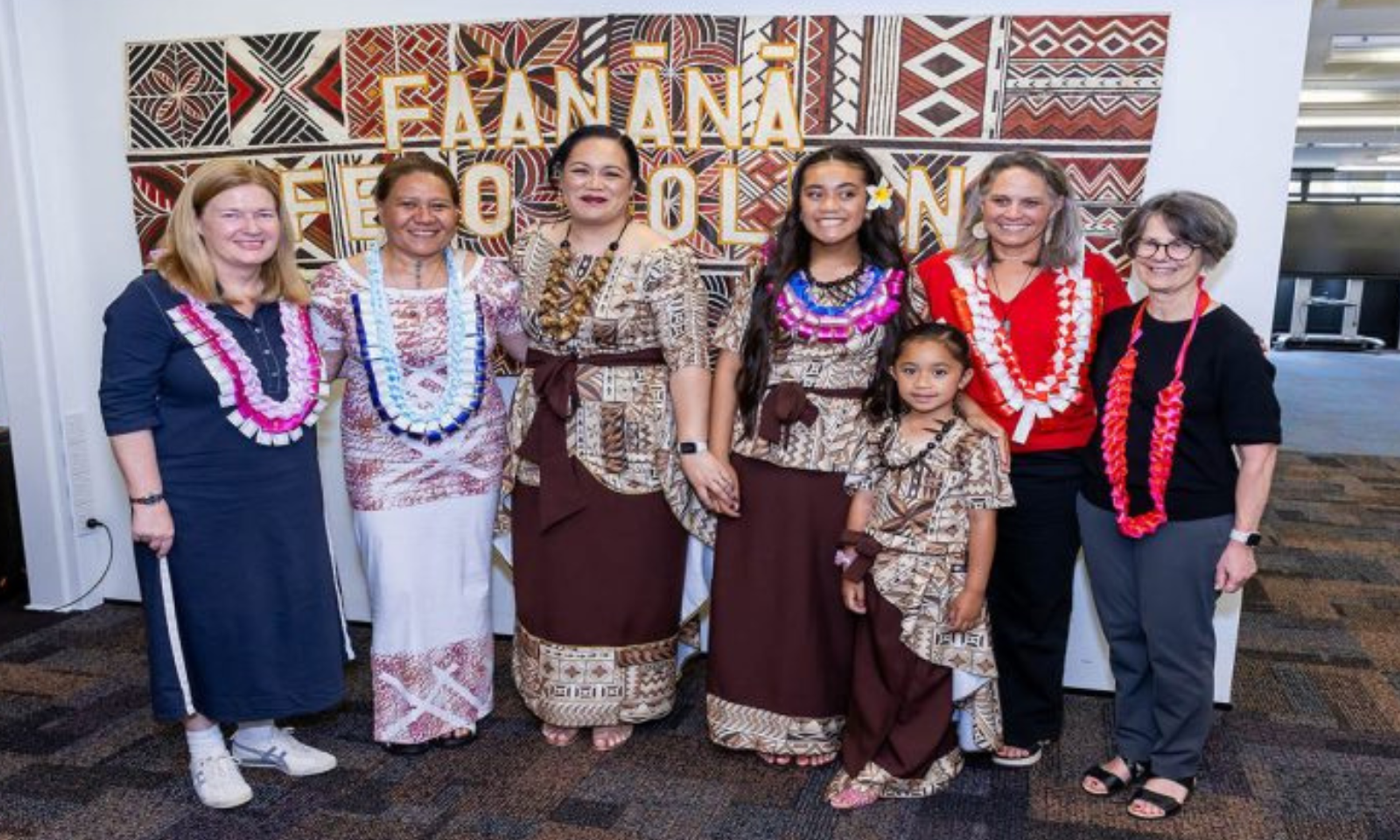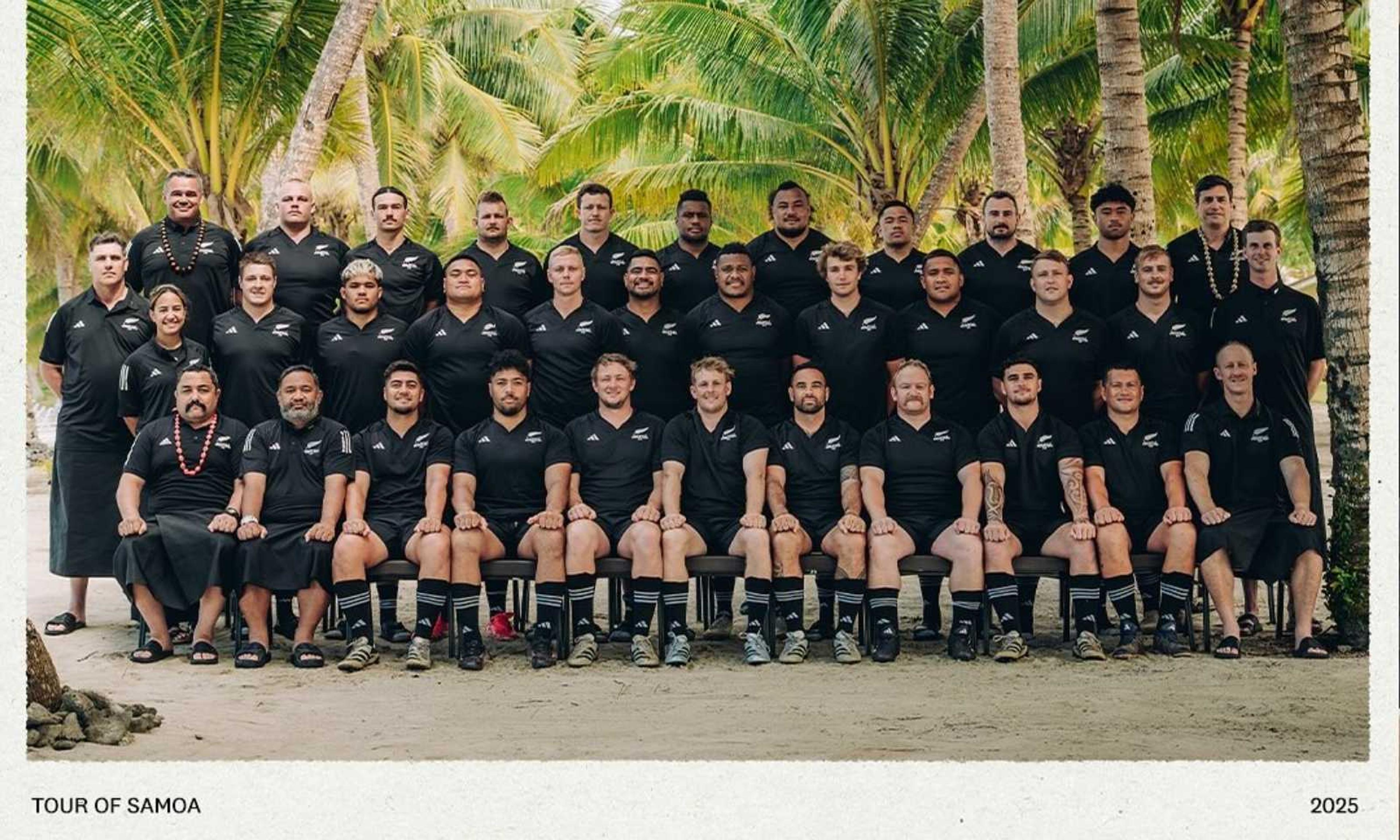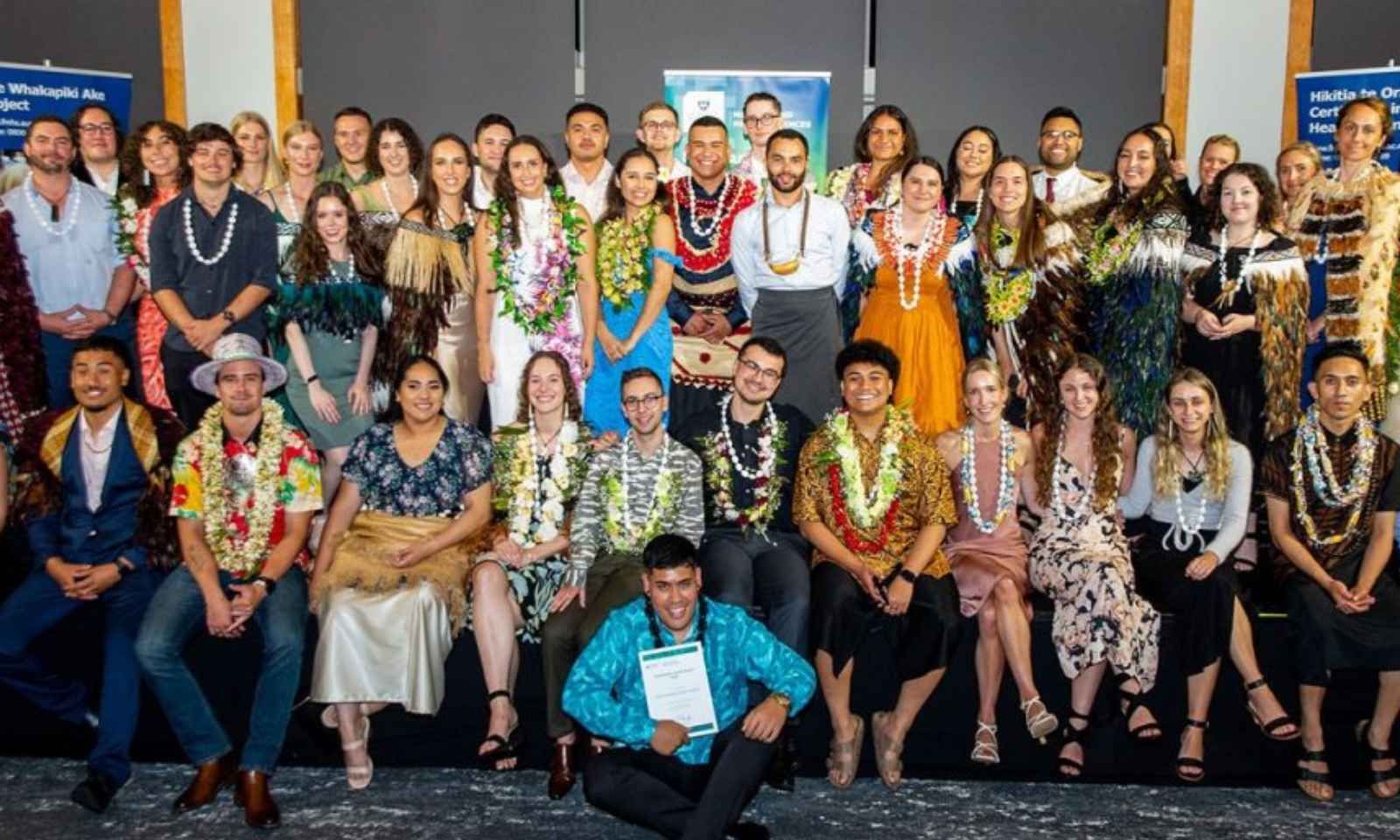

A member of the ACT Party, David Seymour has served as its leader and Member of Parliament for Epsom since 2014.
Photo/PMN News/Joseph Safiti
ACT leader questions new Pacific-targeted medical pathways amid health expert warnings
Deputy Prime Minister David Seymour wants to know how such programmes like MAPAS will lead to better outcomes for Pasifika and Māori.



Law expert: US boat strike controversy a lesson for the Pacific

Heartland XV coach reflects on emotional return to Sāmoa

Most New Zealand teachers set for six-figure pay after new deal struck with govt



Law expert: US boat strike controversy a lesson for the Pacific

Heartland XV coach reflects on emotional return to Sāmoa

Most New Zealand teachers set for six-figure pay after new deal struck with govt
Deputy Prime Minister David Seymour is doubling down on his opposition to Pacific-targeted medical pathways amid the announcement of a third new medical school, to be based at Waikato University.
In an interview on Pacific Mornings, Seymour questioned the effectiveness and fairness of targeted scholarships or pathways designed to help Pacific students pursue a medical degree.
“I think the question that needs to be asked, and actually this is another thing that the Government will do, is ask, look, for each person who gets in, do we get more Māori and Pacific doctors out of the MAPAS, or Otago's mirror on society?” Seymour says.
“Do these graduates go out and actually help people who are Māori and Pacific with health needs? And number three, does that lead to better outcomes?
“Because if, for example, you have someone who gets in through one of these schemes and then moves to Australia, well, they might meet some Māori and Pacific people over there, but that's not really what we did it for.”
The Māori and Pacific Admission Scheme, or MAPAS, aims to increase the number of Māori and Pacific health professionals to 10 per cent of the health workforce by 2020.
Watch David Seymour's full interview below.
According to an Official Information Act (OIA) response from the University of Auckland last year, the lowest Grade Point Average (GPA) to receive an offer into the medical school was four, compared to the average GPA of 6.4 per cent.
Latest figures reveal an increase in Pacific Medical School graduates, which rose to 8.3 per cent in 2023 compared to 6.3 per cent in 2022 for the University of Auckland.
Otago University's numbers remained constant in 2023 with 9.5 per cent or 27 out of 284.

2022 graduates from the Faculty of Medical and Health Sciences part of the Māori and Pacific Admission Scheme. Photo/UOA
Sir Dr Collin Tukuitonga, the Associate Dean at the University of Auckland, previously raised concerns that the fundamental issue lies in the broader education system's inability to prepare Pacific students for entry into medical school adequately.
“Not enough young people coming through from high schools that are capable of meeting the requirements,” Tukuitonga says. The New Zealand Qualifications Authority (NZQA) found Māori and Pacific students achieve at half the rate when it comes to University Entrance (UE) compared to other students.
To be awarded UE, a student must attain NCEA Level three, with a minimum of 14 credits at Level three in each of three UE-approved subjects, and meet the literacy thresholds.
The Ministry of Health’s latest report on the health of Pacific peoples in New Zealand found that Pacific health workers make up 5.3 per cent of the total health workforce, with over seven per cent of these roles being non-regulated as support staff.
Listen to Sir Dr Collin Tukuitonga's full interview below.
Pacific people make up 2.6 per cent or 522 of all doctors in New Zealand, which is a threefold increase since 2005, when there were around 131 Pacific doctors.
Tukuitonga also highlights that the inequities facing Pacific communities extend well beyond healthcare.
“The inequities issue is not a medical issue as such,” he says. “It's to do with poor housing, low income, all of those sorts of issues.
“If you're really serious about addressing inequities, I'd put more money into better quality housing, into education, into early access to primary care.”